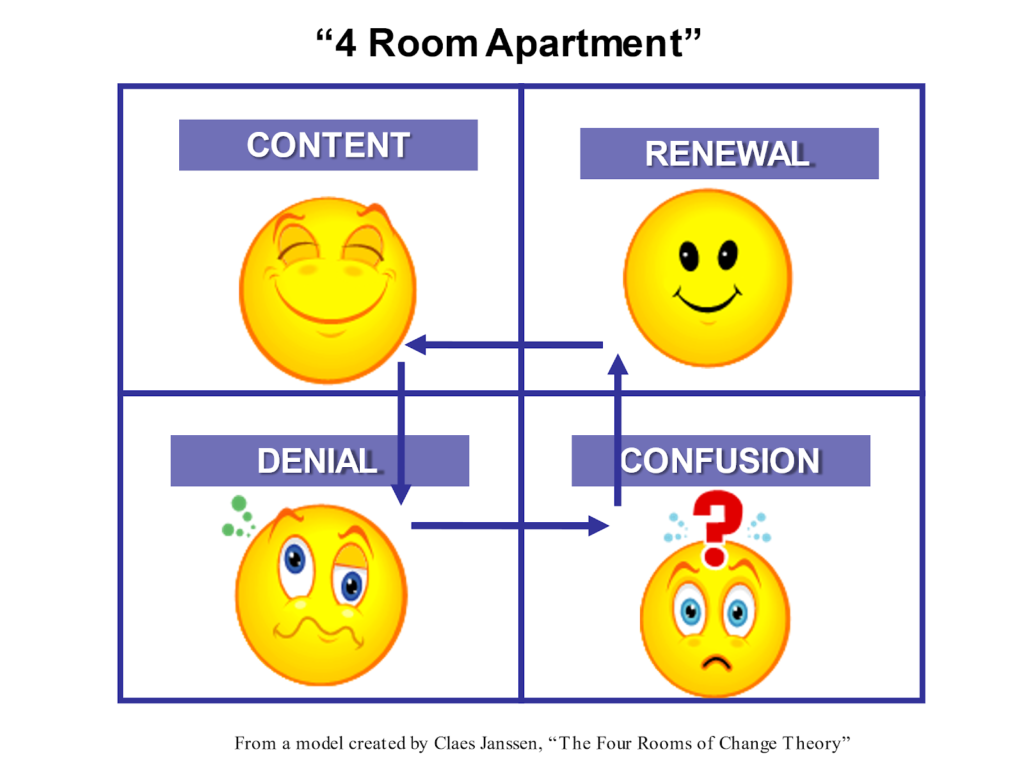Confused, you’re not alone. During the sheltering times of the Pandemic, you might have felt deprived of social contact, fear and at the same time solace. Many of us experienced a new appreciation for simple things like your pet’s companionship, a meal made from scratch or long conversations with the person you live with while sitting on the porch.
Why do some of us feel strangely nostalgic for the respite we’ve had in quarantine while others pretend that all will be the same as pre-Covid?
Re-entry into the workplace, social events and children returning to school may be filling your calendars with new activities. Those quiet times have come to a halt. Drive times are long and back to work policies aren’t always clear, or desirable. Why do some of us feel strangely nostalgic for the respite we’ve had in quarantine while others pretend that all will be the same as pre-Covid?
I’ve noticed that in the coaching work I do and for some in our peer forums there’s an apprehension that is palpable. Some are feeling pressure to craft a new lifestyle based on their experience over the last year plus. They see that they have a once in a century opportunity to learn from their individual and collective experience to create something new. Others want things to be like they used to be and are starting to see that’s impossible. Some are in between at various points of experience.
These degrees of experience remind me of Swiss Psychologist, Claes Janssen’s model called “The Four Room Apartment.” I learned about it while being certified in a large group change process called Future Search developed by Marv Weisbord and Sandra Janoff.

This model of change is used globally in both for-profit and not-for-profit sectors with people of all ages and backgrounds. Facilitators use it with individuals, teams, and organizations to help process and better understand change and what occurs at different phases. This model of change applies directly to what might be your Covid re-entry experience.
You may be in any one of the rooms but the flow is predictable. Starting in room one, “contentment,” human beings get presented with a challenge or event that throws you into denial. In denial people resist. You can stay stuck in this room for a long time if you aren’t able to let go of the need to fix, judge or condemn yourself and/or others. The third room is where anxiety and confusion abound. Ironically, this is the stage where you can learn most and use the confusion to challenge your old assumptions or thinking.
Hanging out in the third room affords the opportunity to let go of limiting mindsets. Some have described it as the moment of surrender where you acknowledge that some of your old thinking and assumptions no longer work. Renewal comes when you release anxiety and the fear to face the unknown. Renewal becomes a source of inspiration, transformation, and growth. The cycle continues as you develop over time and with each trip through the 4 rooms, you take your development to a new level.
I’d like to suggest that you identify the room you are in and challenge yourself if you are stuck in denial or confusion. Renewal and eventual contentment await until the next round of change.
